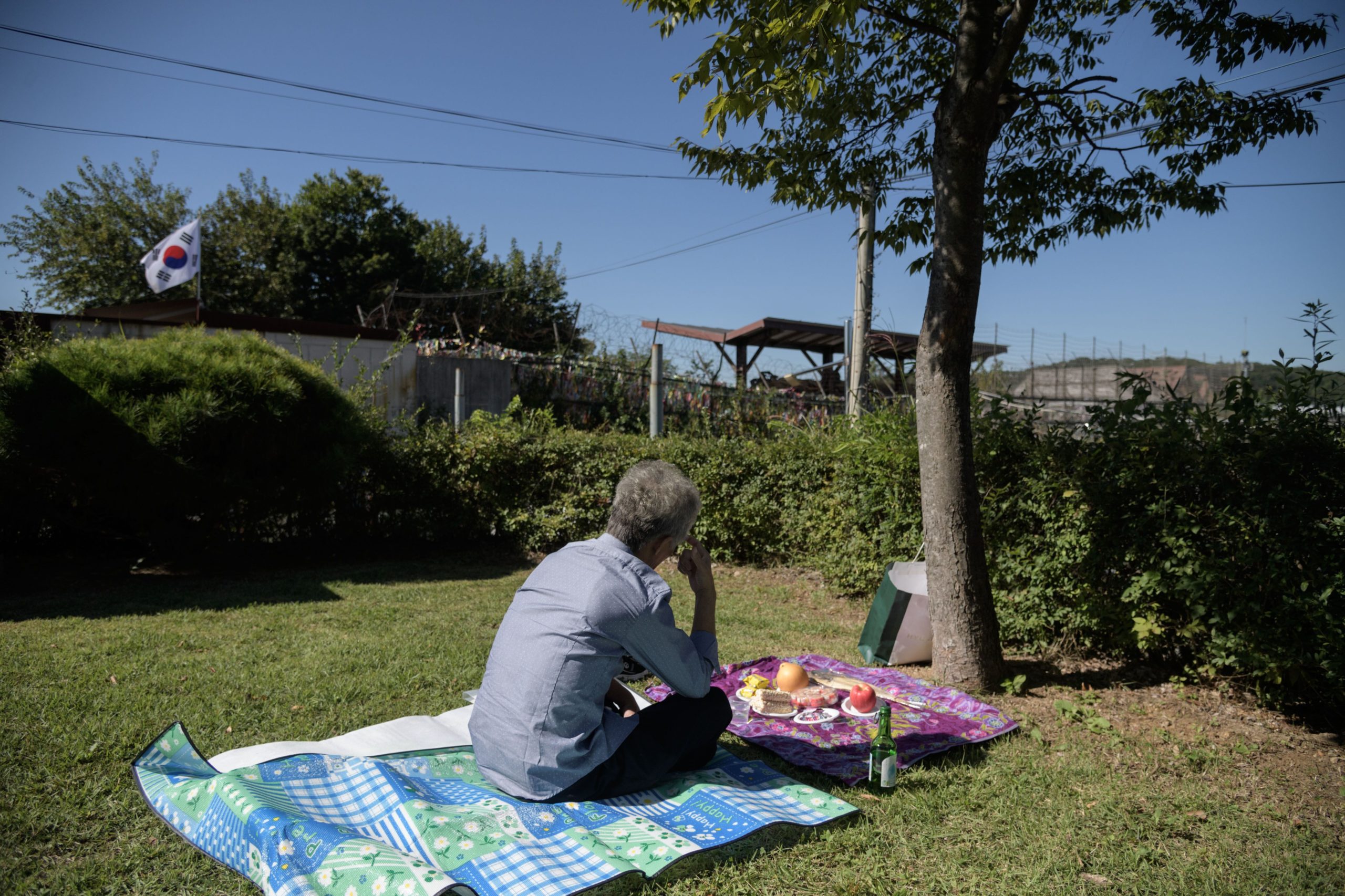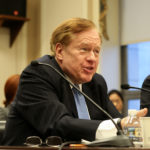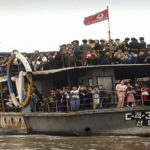January 27, 2021, by Robert King—
The number of North Korean defectors (refugees) resettling in South Korea has dropped to the lowest level in two decades. The South Korean Unification Ministry reported that during the entire year of 2020, only 229 North Koreans sought admission and were resettled in the South. Amb. Robert King explains why.
December 13, 2017, by Robert King—
Testimony of Ambassador Robert R. King before House Foreign Affairs Subcommittee Hearing on “Protecting North Korean Refugees.” The United States' human rights efforts are an important aspect of our policy toward North Korea. We must not underestimate the value and importance of these efforts.
December 4, 2017, by Marie DuMond—
South Korea and the United States generally share similar estimations of China’s and Japan’s blind spots in a unification scenario. Both believe that Beijing has the most prominent blind spot on domestic stabilization and refugees, and that Japan shares similar concerns, suggesting that all four powers could prioritize law and order in a unification scenario.
November 13, 2017, by Marie DuMond—
Beyond Parallel’s first-ever survey of expert assessments on unification-related issues indicate South Korea and the United States share the common view that domestic stabilization and unification costs constitute the most critical unification blind spots with a high degree of concern but low levels of knowledge for both countries.
October 18, 2017, by Marie DuMond—
Domestic stabilization is the most critical issue with unification for South Korean officials and experts, registering the highest composite score (i.e., high level of concern and low level of knowledge). This means civil-military relations, law and order, and stability in the North represent the issues for which Koreans see great consequences for national interests, but for which they have little prior knowledge or understanding. Hence, it is the greatest potential “blind spot” of unification. Costs related to unification rank a close second for South Koreans, followed by refugees, nuclear weapons, and human rights.
February 2, 2017, by Bridget Coggins—
Refugees, and the fate of civilians in general, are critical to planning in case of dramatic political instability in North Korea... Refugees, and the fate of civilians in general, are critical to planning in case of dramatic political instability in North Korea. Most concerning strategically is...
April 8, 2016—
A survey study of 233 of the United States’ top Asia/Korea experts, government officials, scholars, and opinion leaders found that domestic stabilization, not nuclear weapons, ranks as the #1 issue for the U.S. with unification (i.e., highest composite score in the entire survey in terms of most acute lack of knowledge/most acute concern for U.S. interests). The top four blind spots for the U.S.: 1) domestic stabilization; 2) nuclear weapons; 3) economic development; 4) cost.







